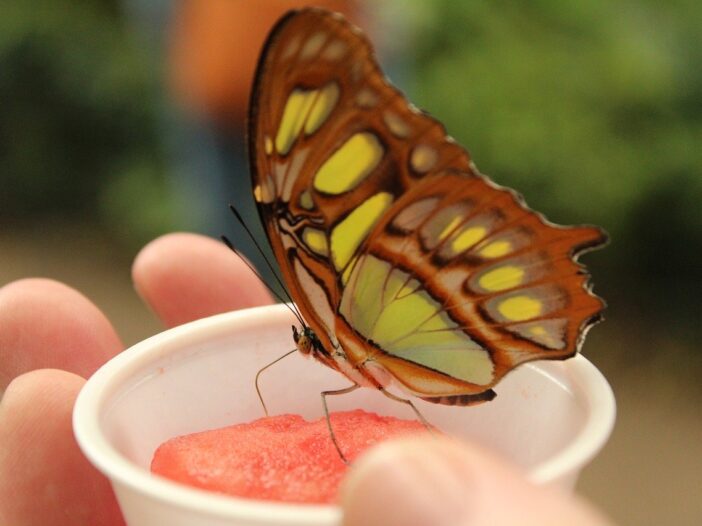
Your immediate answer may seem straightforward, especially if your children are young or grandchildren are visiting.
Historically, parents in many cultures had limited interaction with their children until a certain age. In wealthy Egyptian families, a boy typically didn’t see his father until the child was at least five years old.
But this blog isn’t about parenting.
So let me ask the question again. “What do you feed, clothe, and put to bed?”
For millennia in Egypt, the answer was “our idols.”
That was still true when Christ walked the earth.
Egyptian priests maintained temple gardens that grew food solely for “feeding” idols. Yes, the priests prepared food for idols every day. (I wonder how and when they spirited it away to keep up impressions.) The priests bathed, clothed, and adorned the idols with jewelry and makeup. At night, the priests put the idols to bed in secret temple rooms called naoses. During the day, the idols were enthroned in a barque, a shrine built as a model boat (Egypt = river culture).
All that effort hopefully curried the gods’ favor so they would inhabit the idols on occasion—because Egyptian gods couldn’t be in two places at once.
During festivals, the idols made public appearances, carried through the streets in a barque or a sacred chest akin to a coffin or an ark.
Did you catch that last word?
For 430 years, generations of enslaved Hebrews saw Egyptian arks for pagan idols when they were paraded through the streets.
God turned culture on its ear by directing the fledgling Israelite nation to create a Tabernacle without an idol and to build an ark that was more than a reliquary. The Ark of the Covenant’s most sacred space wasn’t inside it but outside it, above the Mercy Seat—on its lid. In the spot where a pair of cherubim stretched their wings over the lid, God met with His people (Exodus 25:20-22).
God usurped familiar pagan practices by unprecedentedly stamping OTHER on His instructions to the Israelites—to show the world that HE_IS_DIFFERENT. He can be in more than one place at the same time. He does not sleep. No human hands care for Him. He is always on His throne, and He never hides in the dusty bowels of a building.
So let me ask one more time: “What do you feed, clothe, and put to bed?”
What do you feed—nurture above all else?
What do you clothe—ascribe honor and importance to?
What do you put to bed—hide so others can’t see it?
Those are uncomfortable questions. I squirmed under conviction as I wrote them. But the truth is either God is first in my life, or something else is.
What idols do you need to dethrone so God can sit, unchallenged, on the throne of your life?
God isn’t bent on punishing you for not always giving Him top billing. But He is intent on showing you that He is far better than whatever idol you feed, clothe, and put to bed.
People often talk about addictions as idols, but any legitimate concern that overtakes your life can become an idol. Work, relationships, finances, health; priorities, dreams, plans—even the “right” to set your own goals—can become an idol. Life is too short to waste time and energy on adoring man’s monuments. Why settle for less than God and His best?
God, You are worthy of all glory, honor, and praise. Show me what I’m tending to more carefully than my relationship with You. Convict me of anything I ascribe more honor and commitment to than You. Reveal to me what I’m hiding from You—and even hiding from myself—so I can truly put You first in my life. Thank you for being a gracious, loving God. You have my best interests in mind all the time, even when I’m not aware of it. Renew my body, mind, and spirit to direct my energies to where You want them to go. In Your Son’s precious Name. Amen.
Never miss a post!





Oh my goodness! What new insights to me, and a strong visual to help me remember it.
Yes! I never cease to be amazed at how archaeology supports the Bible and helps us understand it!